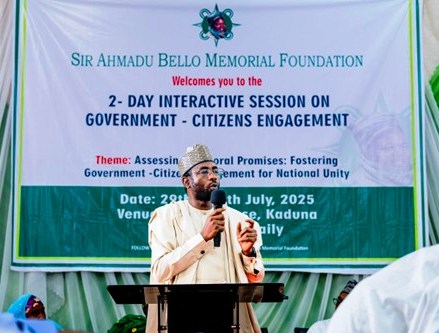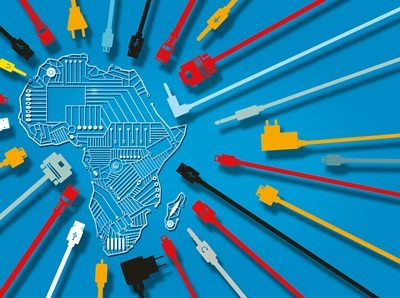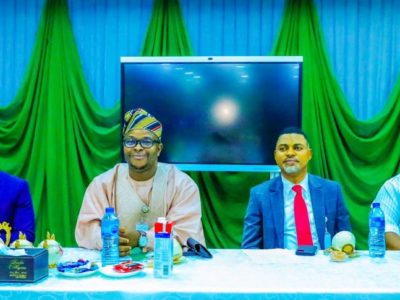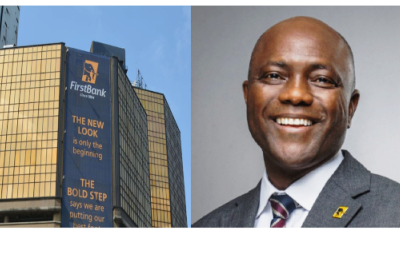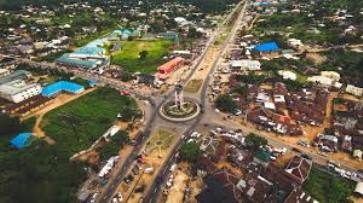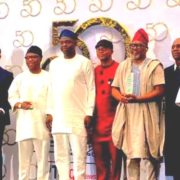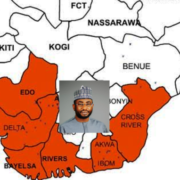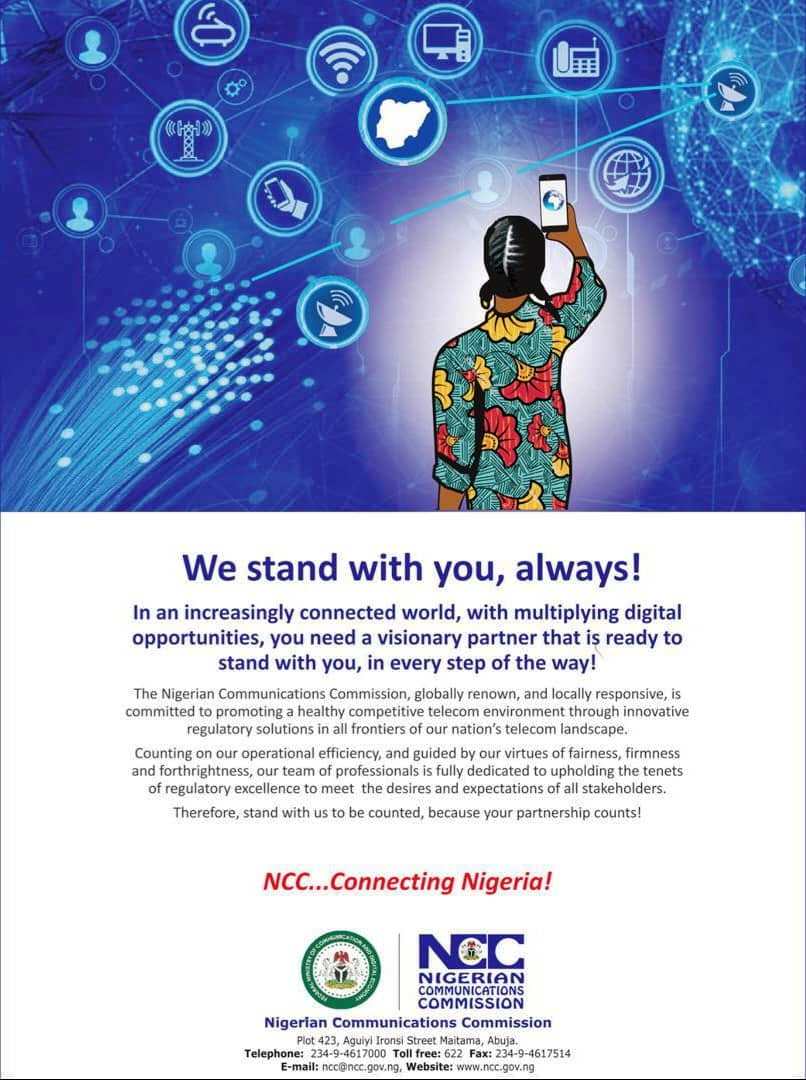Federal Government’s Digital Transformation Vision
The Director General of the National Information Technology Development Agency (NITDA), Kashifu Inuwa Abdullahi, has reiterated the Federal Government’s resolve to deepen digital literacy, accelerate innovation, and expand technology infrastructure as core drivers of inclusive national development.
RELATED: Kaduna is driving tech innovation through global partnerships and youth empowerment – Engr S.K Bello
He made this known at the 2-Day Interactive Session on Government–Citizens Engagement, organised by the Sir Ahmadu Bello Memorial Foundation at Arewa House, Kaduna. The forum, themed “Assessing Electoral Promises: Fostering Government Engagement for National Unity”, brought together government officials, civil society leaders, academics, and policymakers to assess the progress of President Bola Ahmed Tinubu’s Renewed Hope Agenda.
Digital Economy as a National Enabler
Abdullahi stressed that digital transformation is central to achieving the President’s eight priority areas and essential for uniting Nigerians through equitable access to opportunities.
“Digital technology is not a vertical sector, it is pervasive and foundational. It powers everything else and provides a framework for inclusive growth,” he said.
He described the digital economy as a cross-cutting enabler of productivity across agriculture, education, healthcare, and financial services.
Strategic Pillars: Skills, Infrastructure, Innovation
The NITDA DG outlined three strategic pillars driving the Agency’s interventions:
- Human Capital Development – Nigeria’s greatest resource is its people, he said. Through programmes such as the 3 Million Technical Talent (3MTT) initiative and Digital Literacy for All, NITDA has trained more than 350,000 individuals in Northern Nigeria since 2023. By 2027, the goal is to achieve 70% nationwide digital literacy.
To achieve this, NITDA is embedding digital skills into the education system from kindergarten to university in partnership with the Federal Ministry of Education and the National Universities Commission (NUC). It is also collaborating with the National Youth Service Corps (NYSC) to train corps members annually as digital literacy champions.
- Digital Infrastructure – The Federal Government has approved the deployment of 90,000 kilometers of fiber optic cables nationwide to expand broadband penetration. Additionally, three digital centres per state are being established to ensure underserved communities benefit from the digital economy. Since 2023, NITDA has delivered 13 IT Community Centres, 101 e-Learning Centres, and one Cybersecurity Research Centre.
- Innovation and Investment – Abdullahi highlighted the conducive investment climate created by Tinubu’s reforms, which has attracted renewed interest from global tech companies like Google and Microsoft. He announced that Nigeria will host GITEX Nigeria (September) and the UN ICT for Governance (ICEGOV) Summit (November), providing platforms for innovators and investors to engage.
Driving Inclusive National Development
Abdullahi emphasised that the Renewed Hope Agenda has brought fresh vision and synergy among government agencies, enabling collaboration with the private sector. He noted that digital skills, infrastructure, and innovation are critical to empowering Nigerians, especially youth, and positioning the country as a leader in Africa’s digital transformation.

